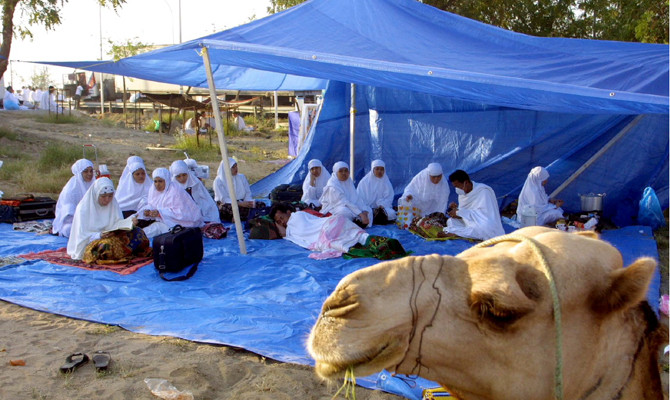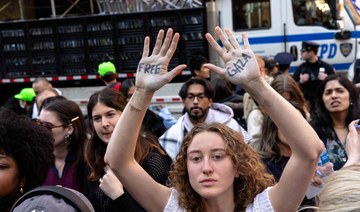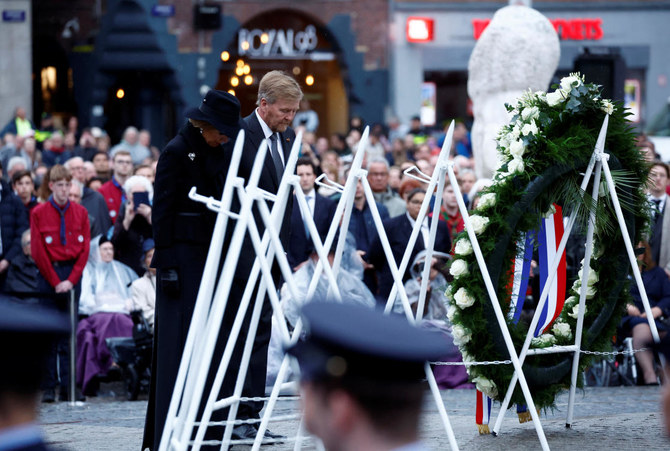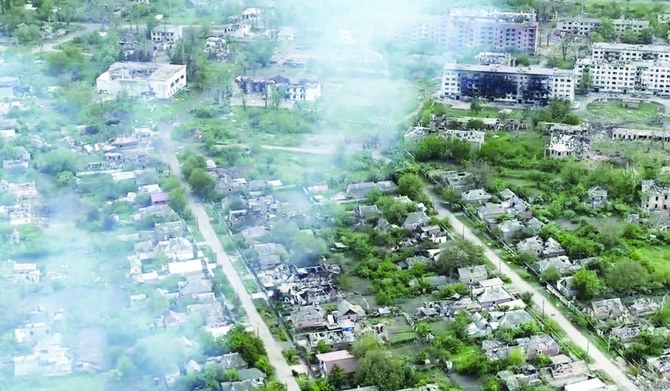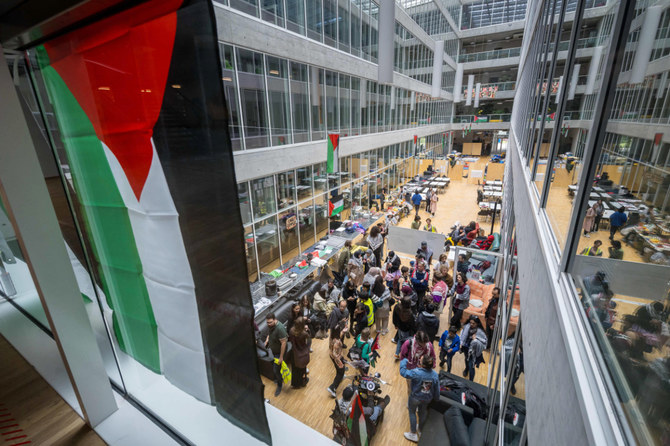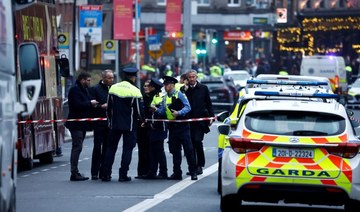JAKARTA: Forty Indonesians, including an orphaned teenager and the secretary general of Indonesia’s largest Muslim organization, have been personally invited by King Salman to perform Hajj this year.
Saudi Ambassador to Indonesia Osama bin Mohammed Al-Shuaibi invited the party of pilgrims — which includes six women and two journalists — to his official residence in central Jakarta on Sunday morning prior to their departure for the Kingdom in the afternoon.
“The invitations were sent out to those who have contributed positively to the Muslim community,” Al Shuaibi said through a translator.
Muhammad Izhar Assahmy, a 17-year-old student from Al Irsyad Islamic boarding school in East Java, and Husaini Muhtadi Azri, a 16-year-old who is a student at Al Aziziyah Islamic boarding school in Lombok, West Nusa Tenggara were among this year’s privileged pilgrims.
Azri, an orphan, said he will pray for his parents when he performs the Hajj rituals in the holy sites.
“I hope I can perform the Hajj well in accordance to the manasik I have been practicing,” Assahmy told Arab News.
Five Islamic course lecturers and the rector of the Institut Teknologi Sepuluh Nopember (ITS) in Surabaya, East Java, were also among the pilgrims.
“I was told that the campus received some invitations from King Salman to perform the hajj and that I was invited. This is really a blessing for me,” one of the lecturers, Choirul Mafhud, told Arab News.
Al-Shuaibi said this is the first time that journalists have been included in the roster of pilgrims invited by the king.
“About 80 percent of (the party) have never gone on Hajj before. The remaining 20 percent have performed Hajj, but they have been invited (by the king) to show his appreciation of their role for Islam in Indonesia,” the ambassador said.
Muhammad Zaitun Rasmin, the deputy secretary general of the Indonesian Council of Ulema (MUI) is one of those who has previously performed Hajj. He went to university in Madinah.
“I have now been invited in my capacity as the chairman of the Southeast Asian ulema association and this is the first time I have been invited by the king,” Rasmin said.
The group will go spend a fortnight in Jeddah before going to Makkah and Madinah, he said.
“We hope we return as Hajj mabrur and this invitation from the king will strengthen Saudi Arabia’s relations with Indonesia,” Rasmin said.
Helmy Faishal Zaini, secretary general of Nahdlatul Ulama (NU), Indonesia’s largest Muslim organization said he was invited along with NU chairman Said Aqil Siradj, but that the latter had to decline due to family matters.
“I think the spirit of the king’s invitation is to maintain cooperation and understanding between Saudi Arabia and Indonesia as well as to develop a closer bond between Muslims in both countries,” he told Arab News.
As Hajj season commences, 182,547 of Indonesia’s allotted 221,000 quota of pilgrims have reportedly arrived in Madinah and Jeddah as of Sunday .


